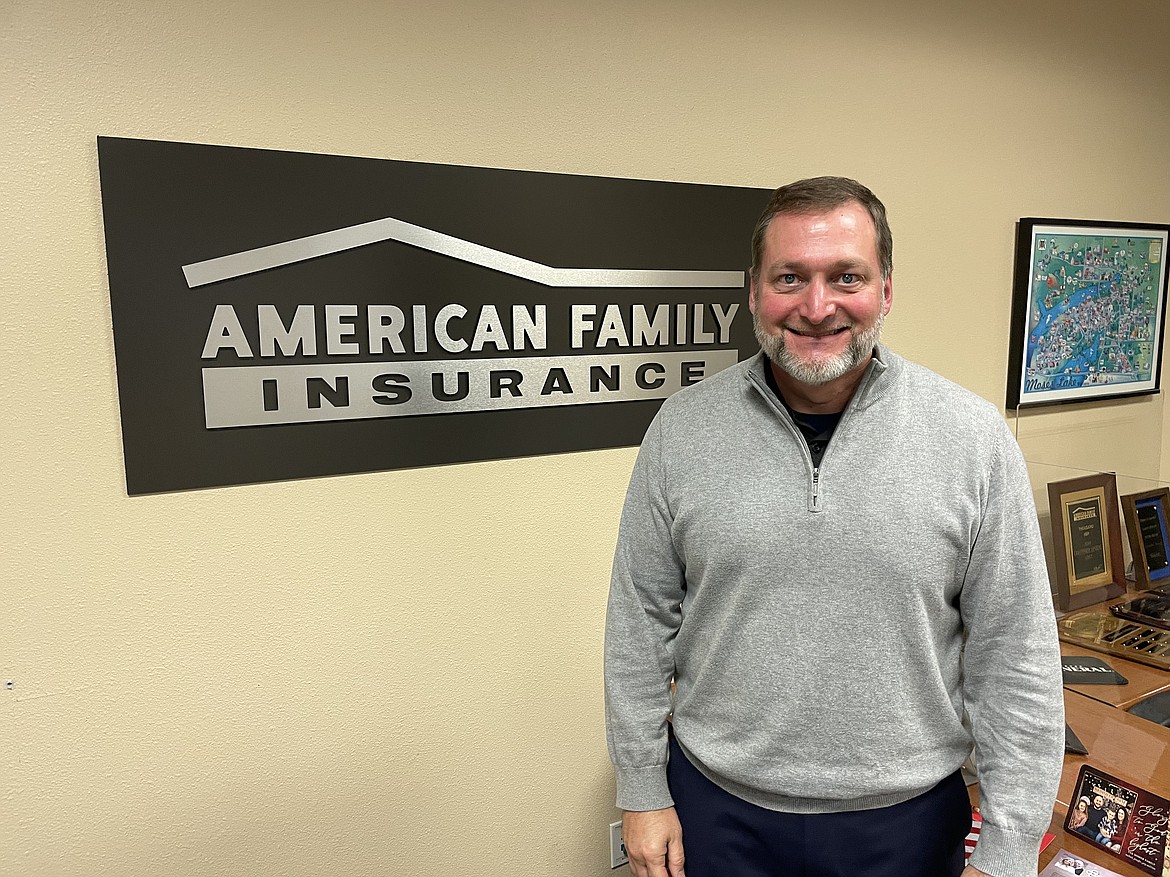The unexpected sometimes happens: Homeowners can protect against snow, water
MOSES LAKE — The snow falling upon central Washington can be beautiful.
Become a Subscriber!
You have read all of your free articles this month. Select a plan below to start your subscription today.
Already a subscriber? Login



